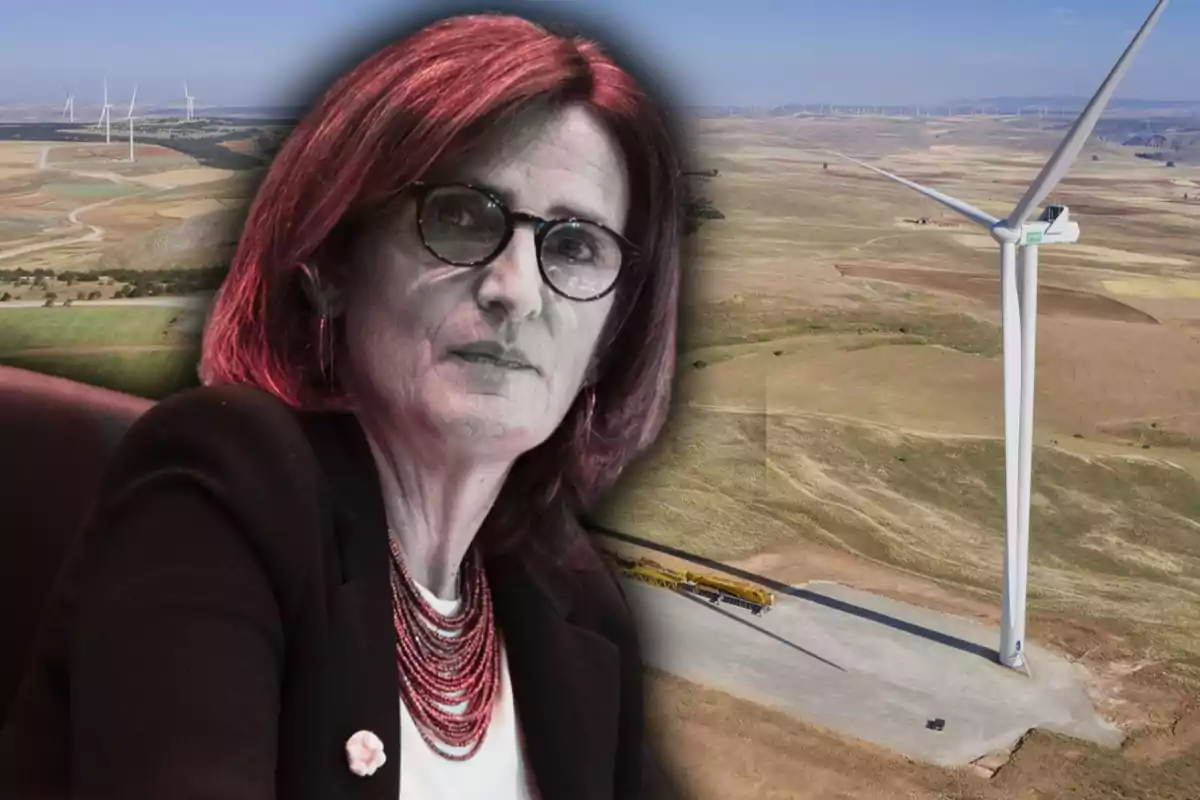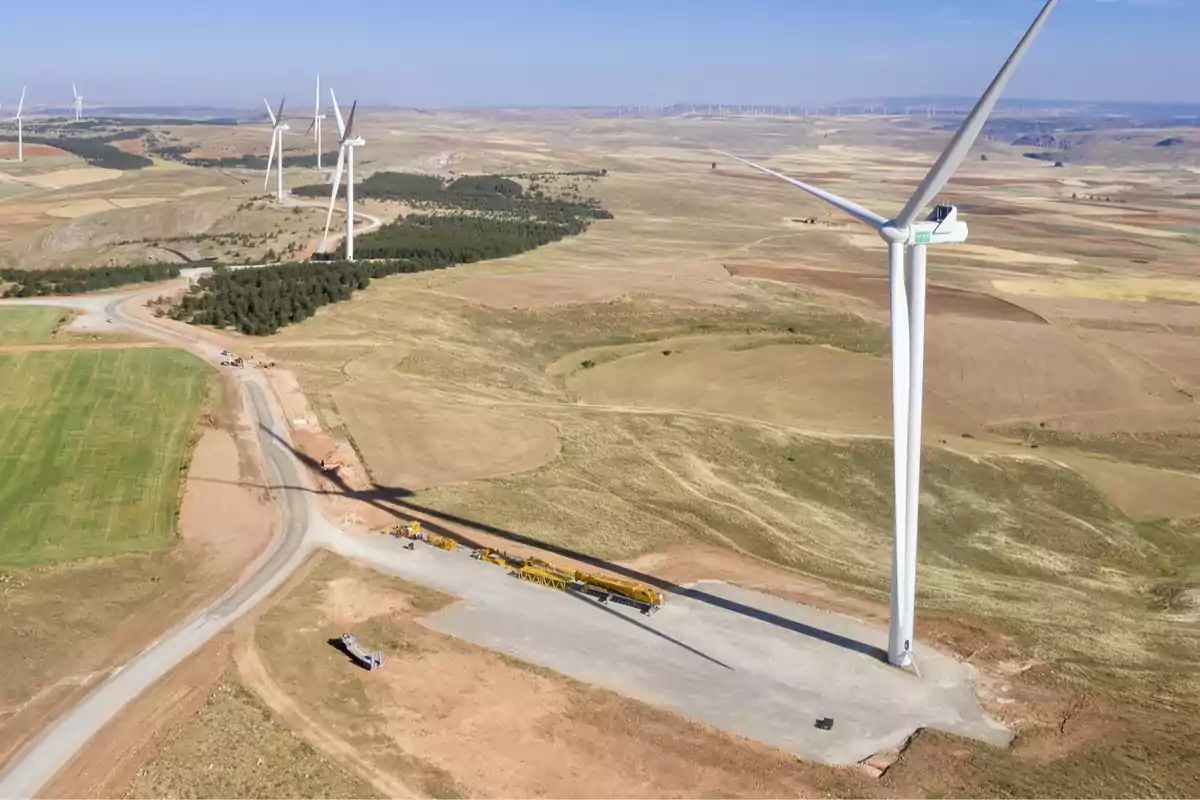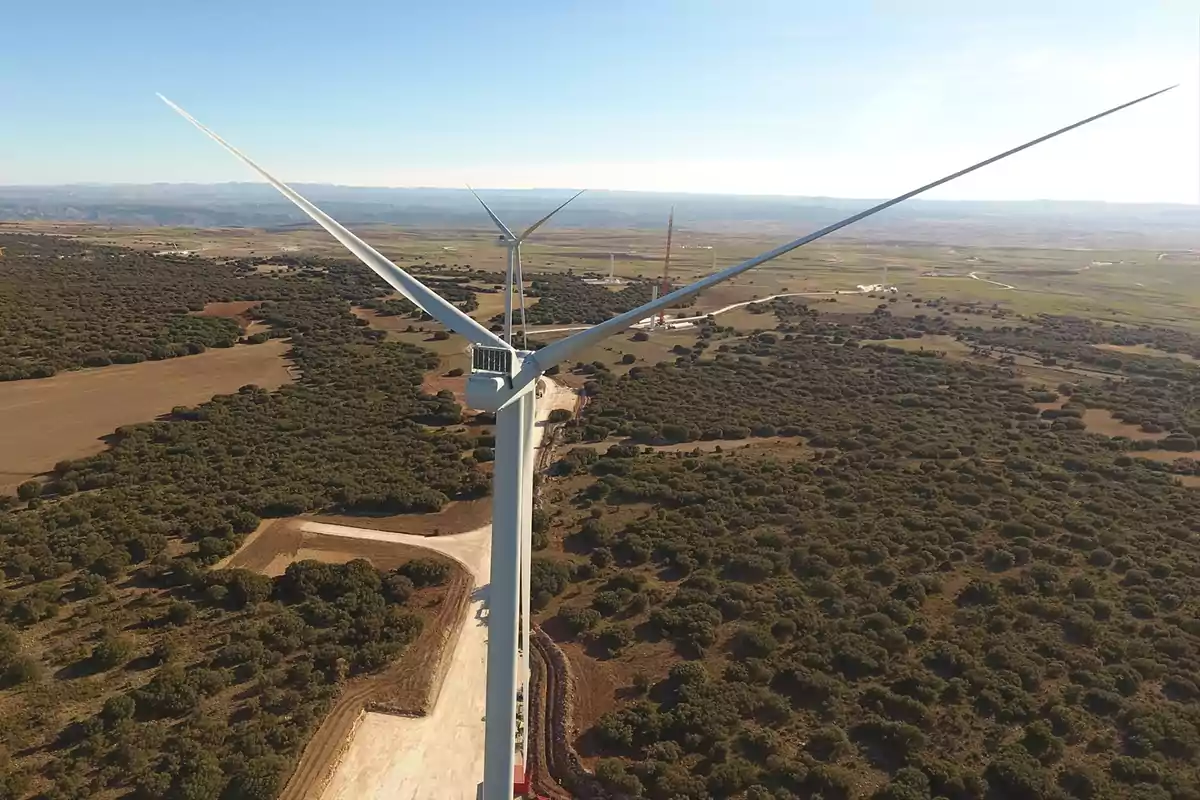
Ecological Transition allows massive logging in Teruel for 22 wind farms
Among the natural areas affected are the Natura 2000 Network, special protection areas for birds, and the Maestrazgo Geopark, recognized by UNESCO.
The Ministry for Ecological Transition has approved the occupation of 287 acres of forest in Teruel for the Clúster Maestrazgo project. It includes the installation of 22 wind farms, along with associated infrastructure for energy evacuation and specialized transport.
This decision has caused significant controversy due to the environmental impact that could result from this large-scale intervention.
The affected area includes coniferous and deciduous forests, but the authorities haven't specified the exact number of trees that will be cut down. According to the preliminary project presented by the promoters, the intervention covers multiple municipalities in the Maestrazgo and Gúdar-Javalambre regions. Such as Cantavieja, Fortanete, Villarluengo, Mirambel, and Puertomingalvo.
The energy caused will be evacuated through infrastructure to the SET Morella 400 substation, located in Castellón.
In addition to the wind turbines, the project includes roads adapted for the transport of components, transformer substations, and evacuation lines. All this impacts an area exceeding 172,974 acres, according to the environmental impact study.

Criticism of the Project's Environmental Impact
Environmental organizations and citizen movements have harshly criticized the project, pointing out that it could cause irreversible damage to protected areas. Among the affected natural spaces are the Natura 2000 Network, special protection areas for birds (ZEPA), and the Maestrazgo Geopark, recognized by UNESCO.
Entities like Teruel Existe, Greenpeace Spain, and the Foundation for the Conservation of the Bearded Vulture have warned that the project could severely alter local ecosystems. Despite the Environmental Impact Statement rating the effects on habitats as moderate. The proposed restoration measures haven't convinced the critics.

The controversy has reignited the debate on energy transition in Spain. Meanwhile, the defenders of these projects argue the urgency of abandoning fossil fuels. Critics insist that this transition should not come at the expense of biodiversity.
The future of the Clúster Maestrazgo remains uncertain, as critical voices continue to question the project's viability. This case, like others in Spain, underscores the need to rethink sustainability criteria and priorities in the development of renewable energies.
More posts: